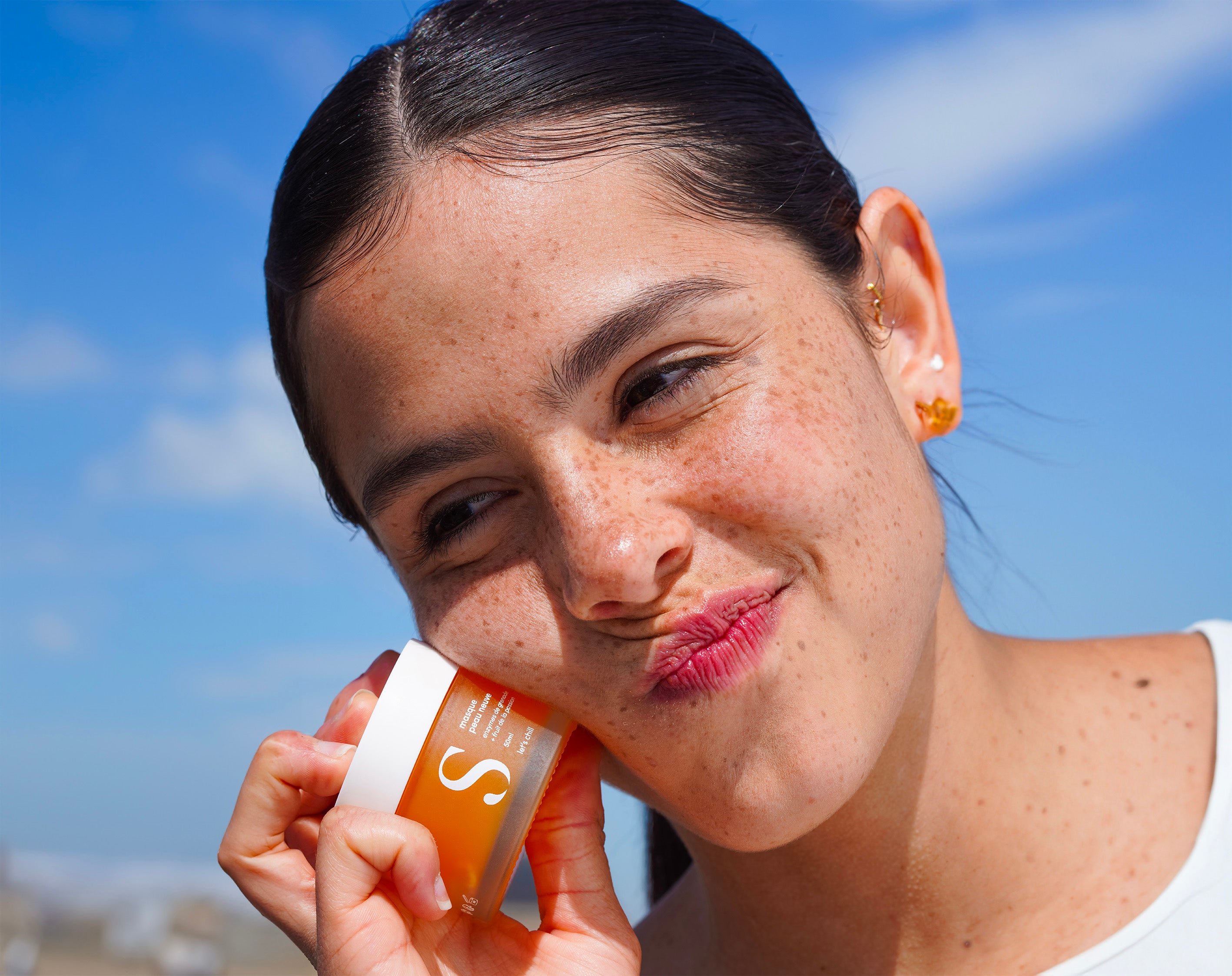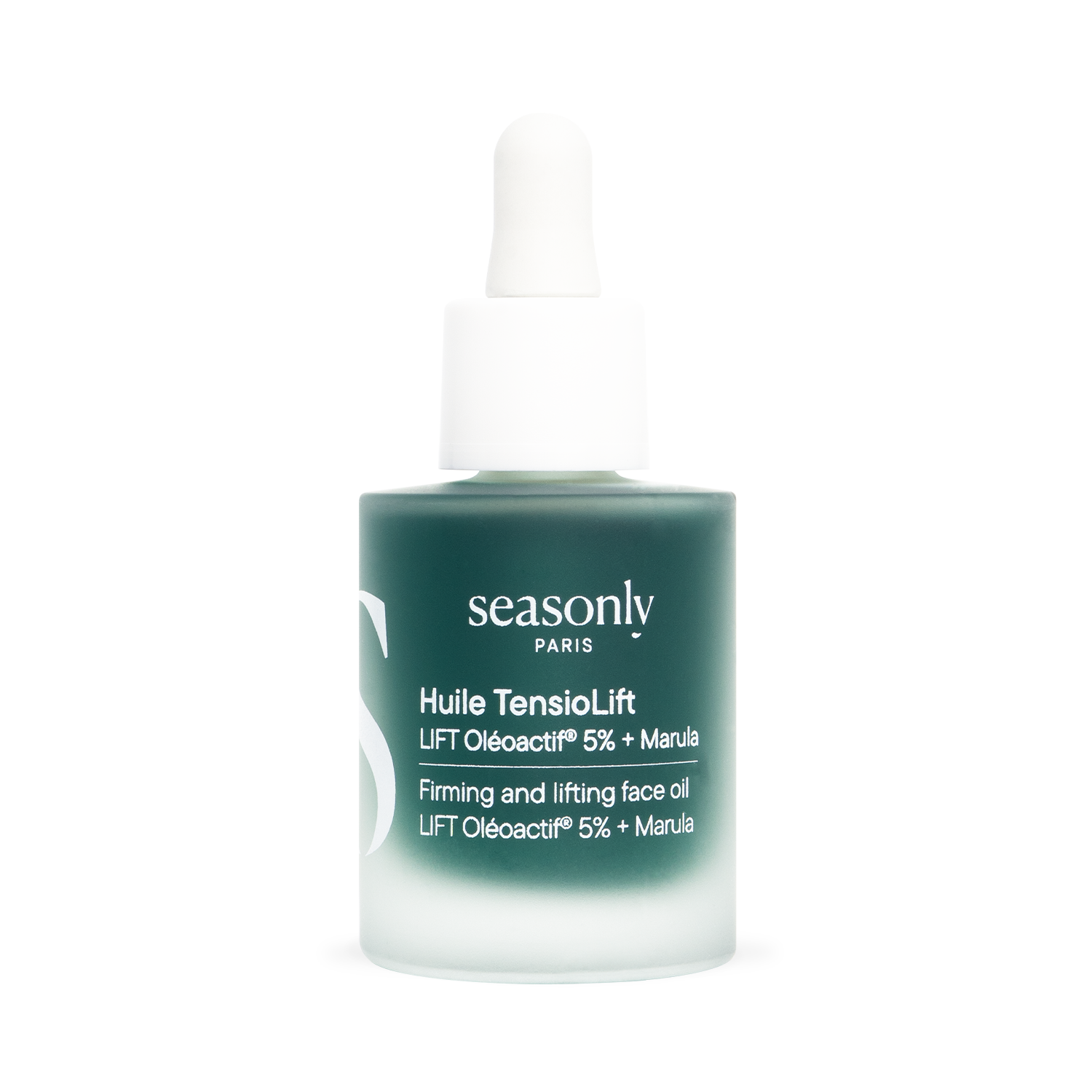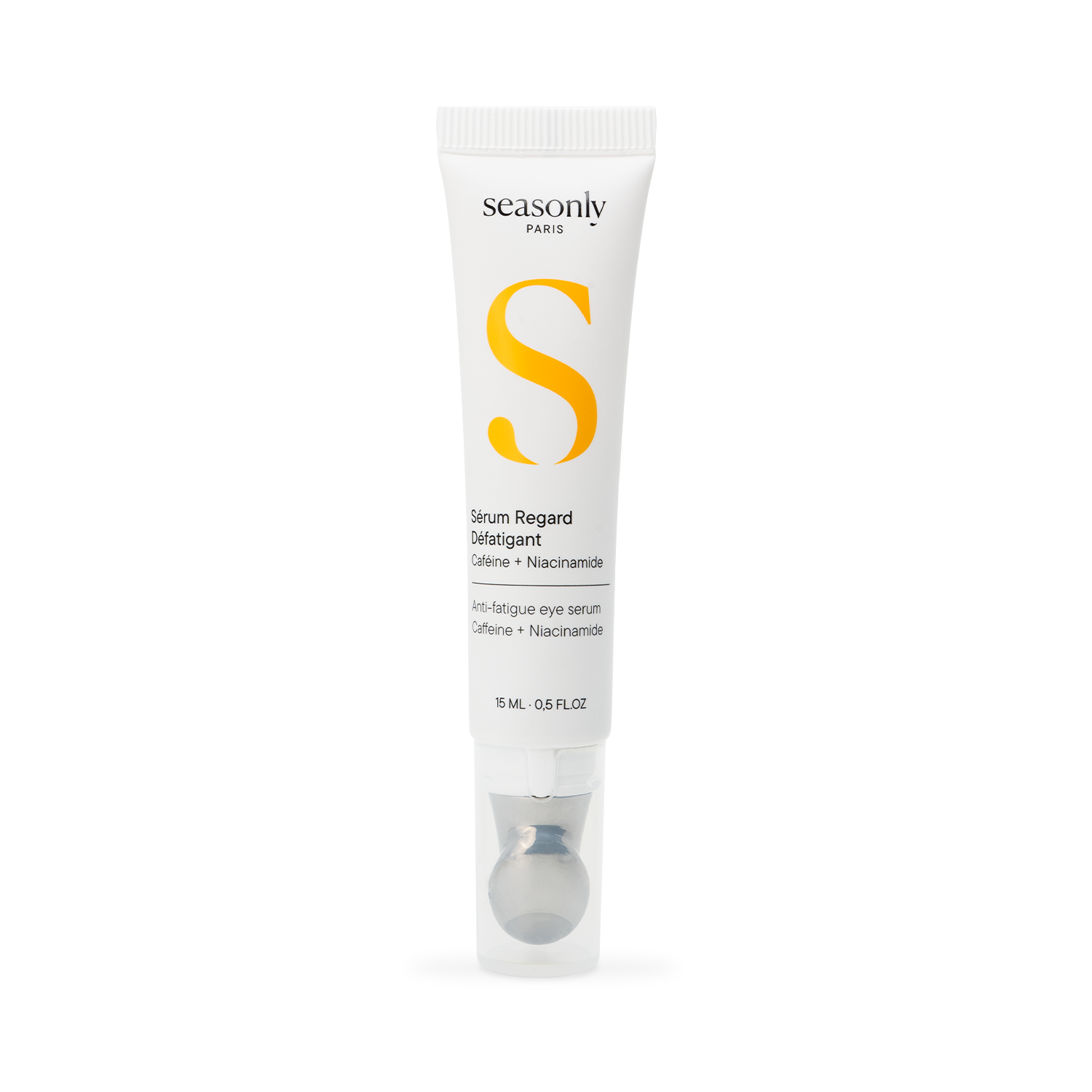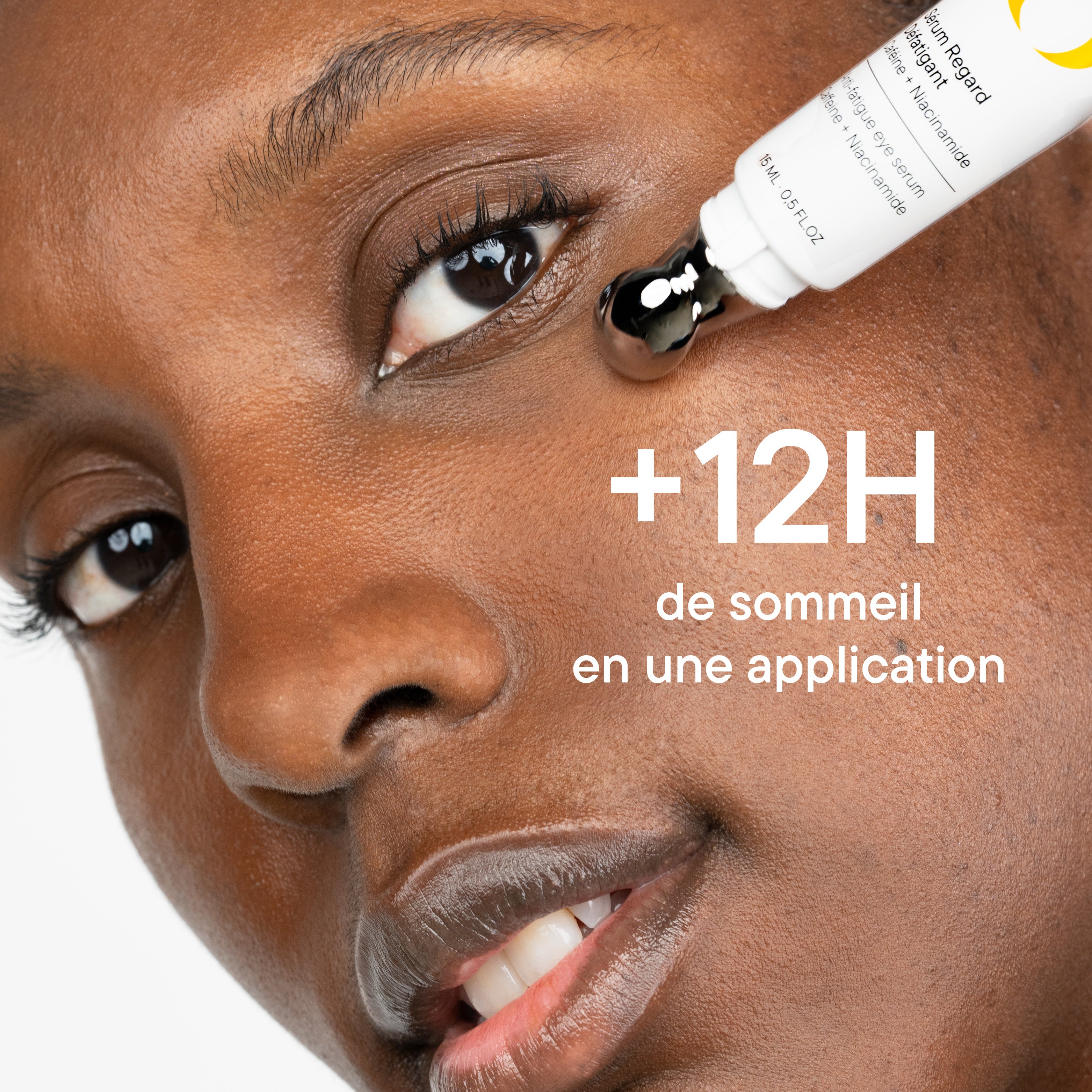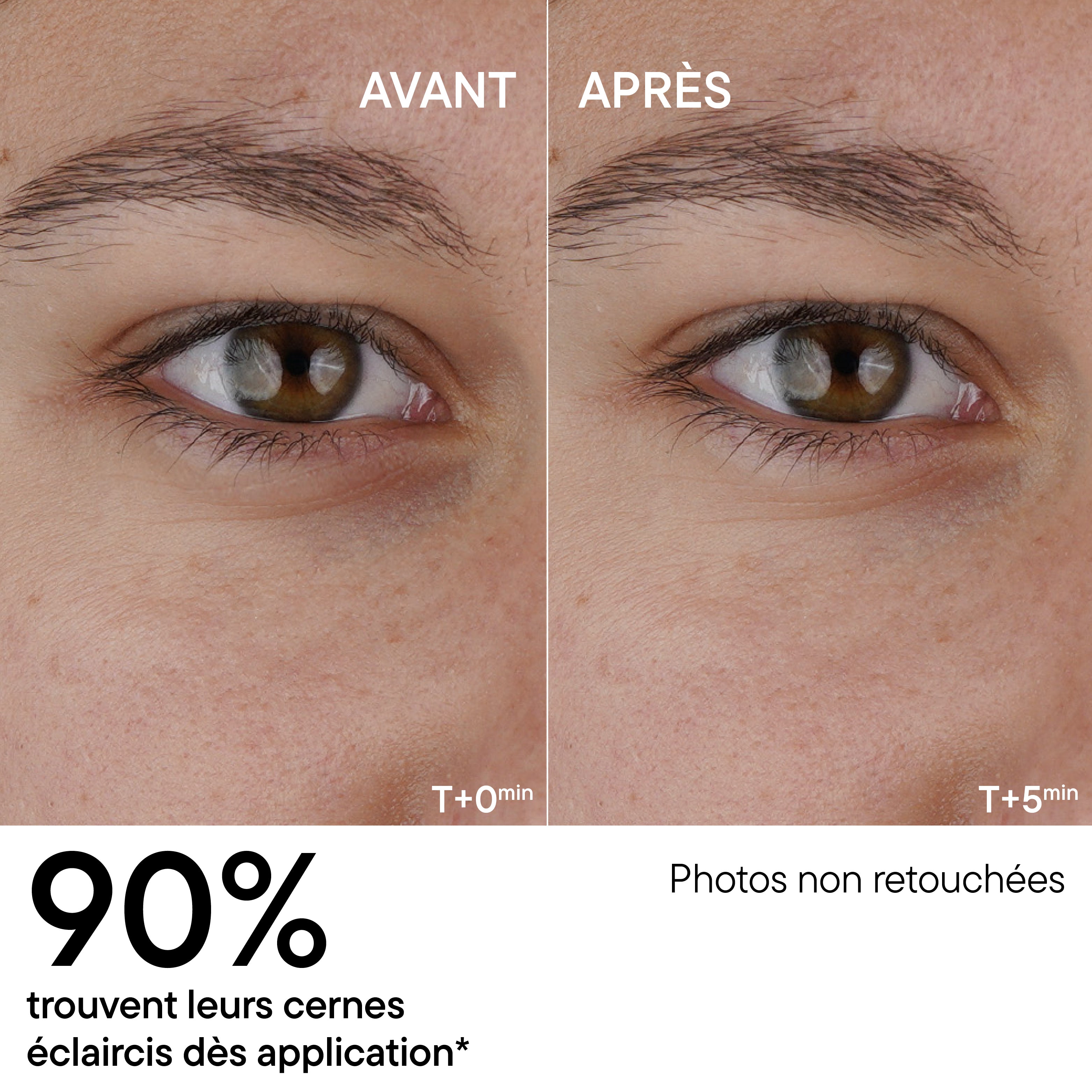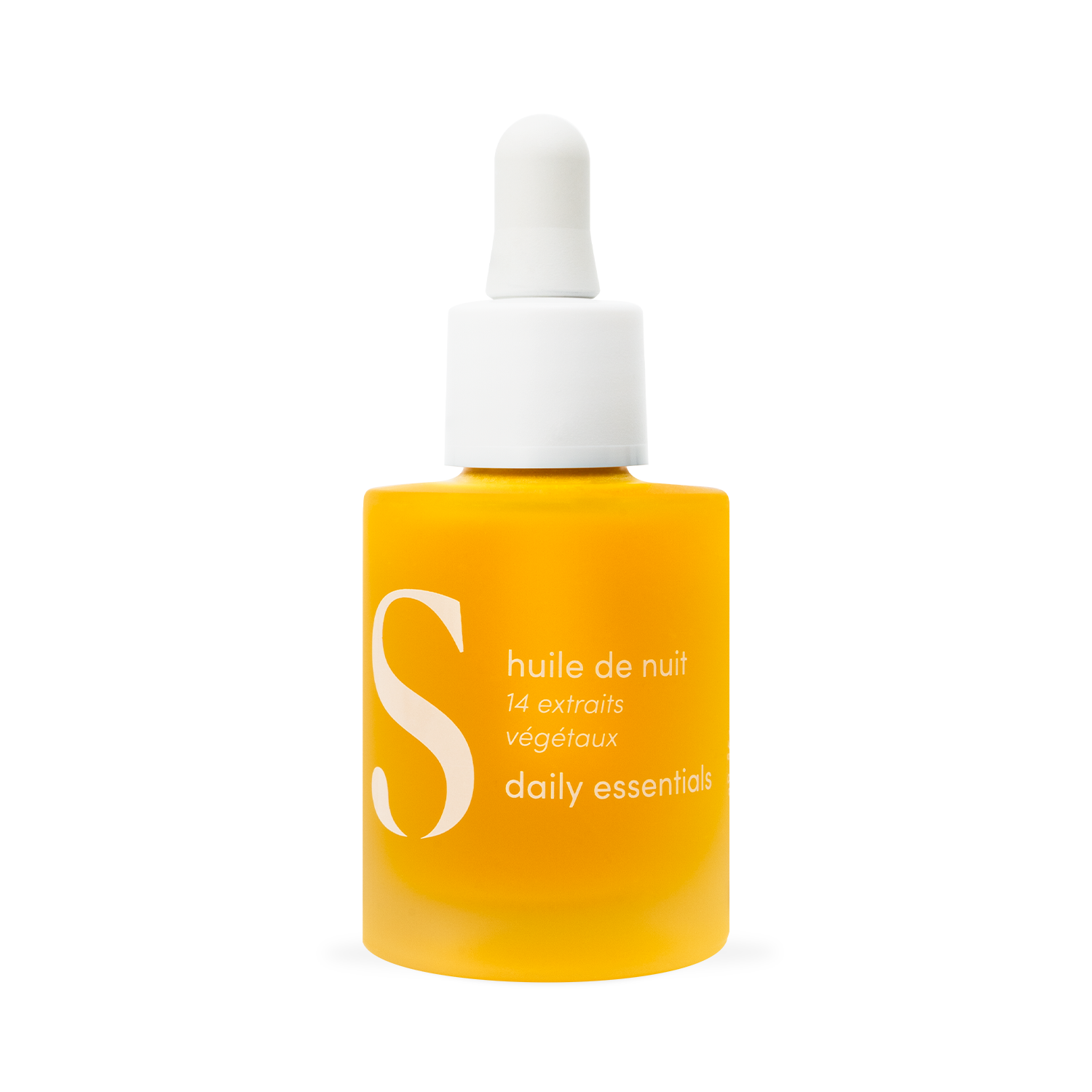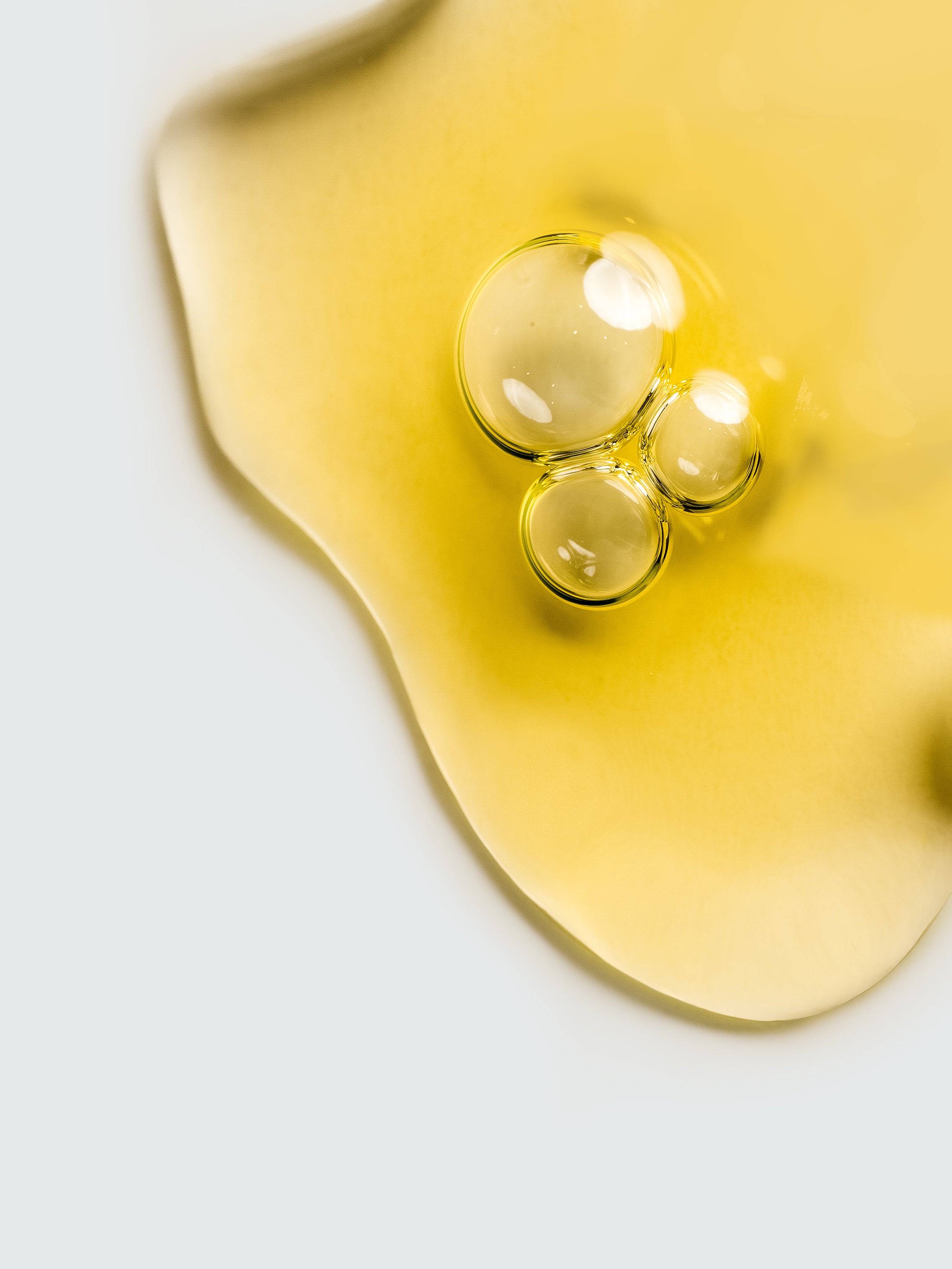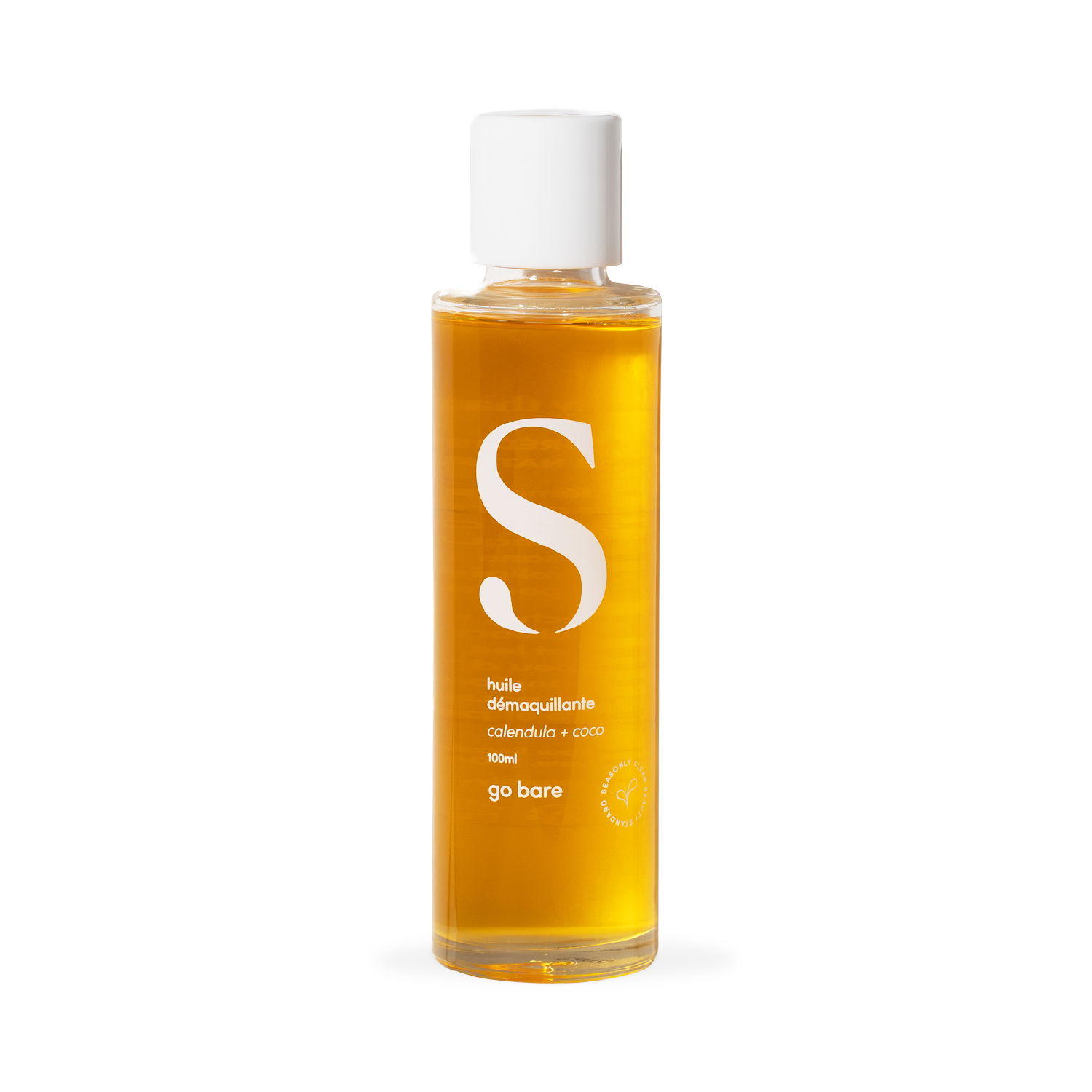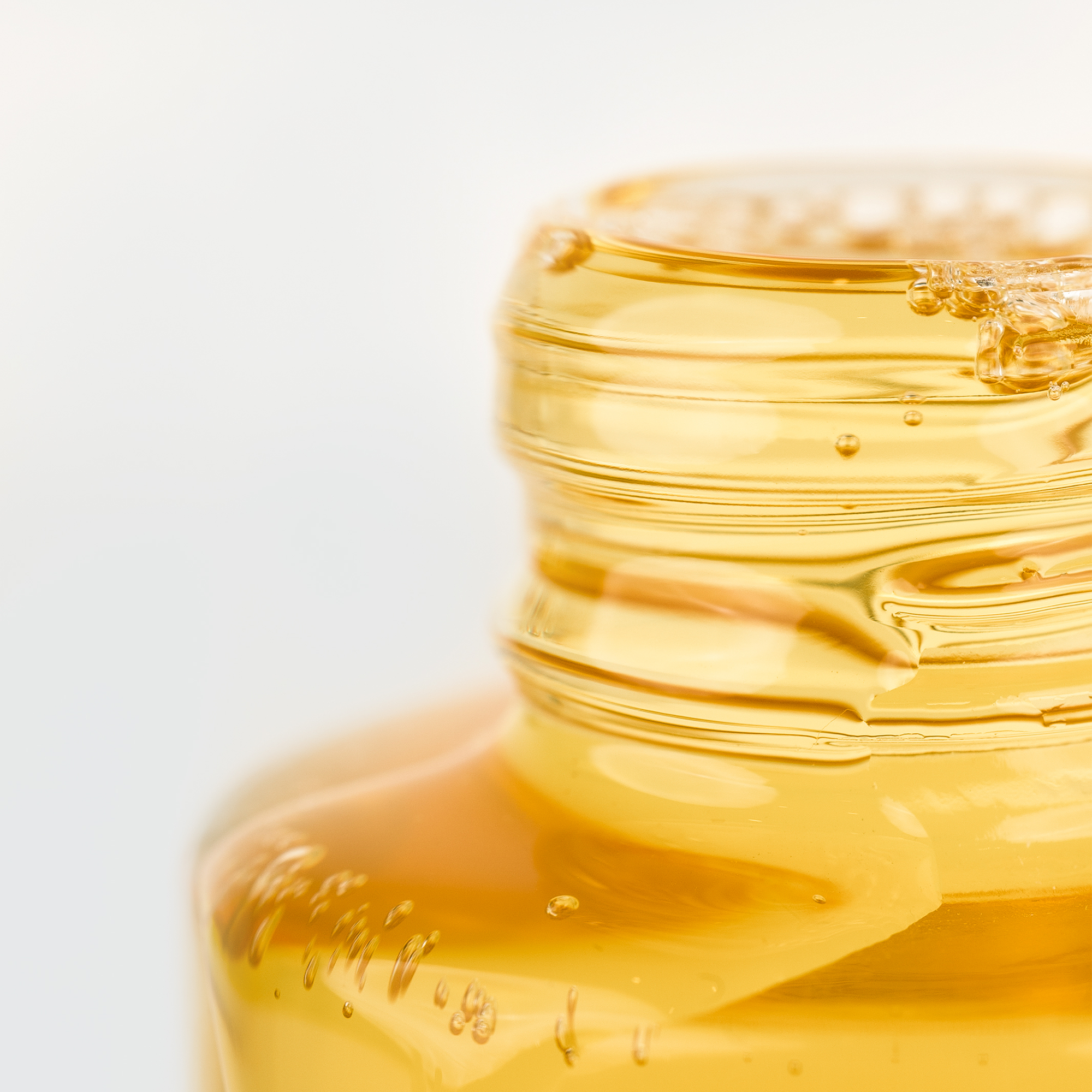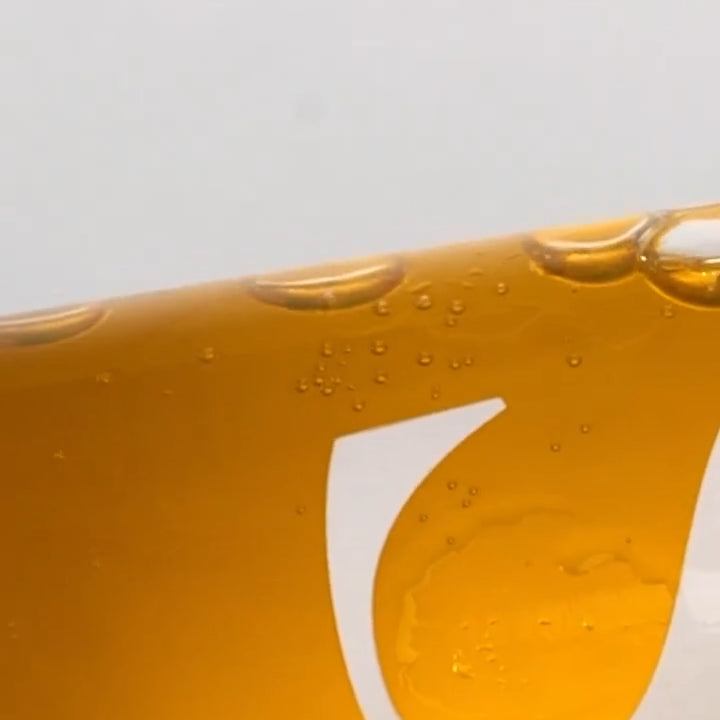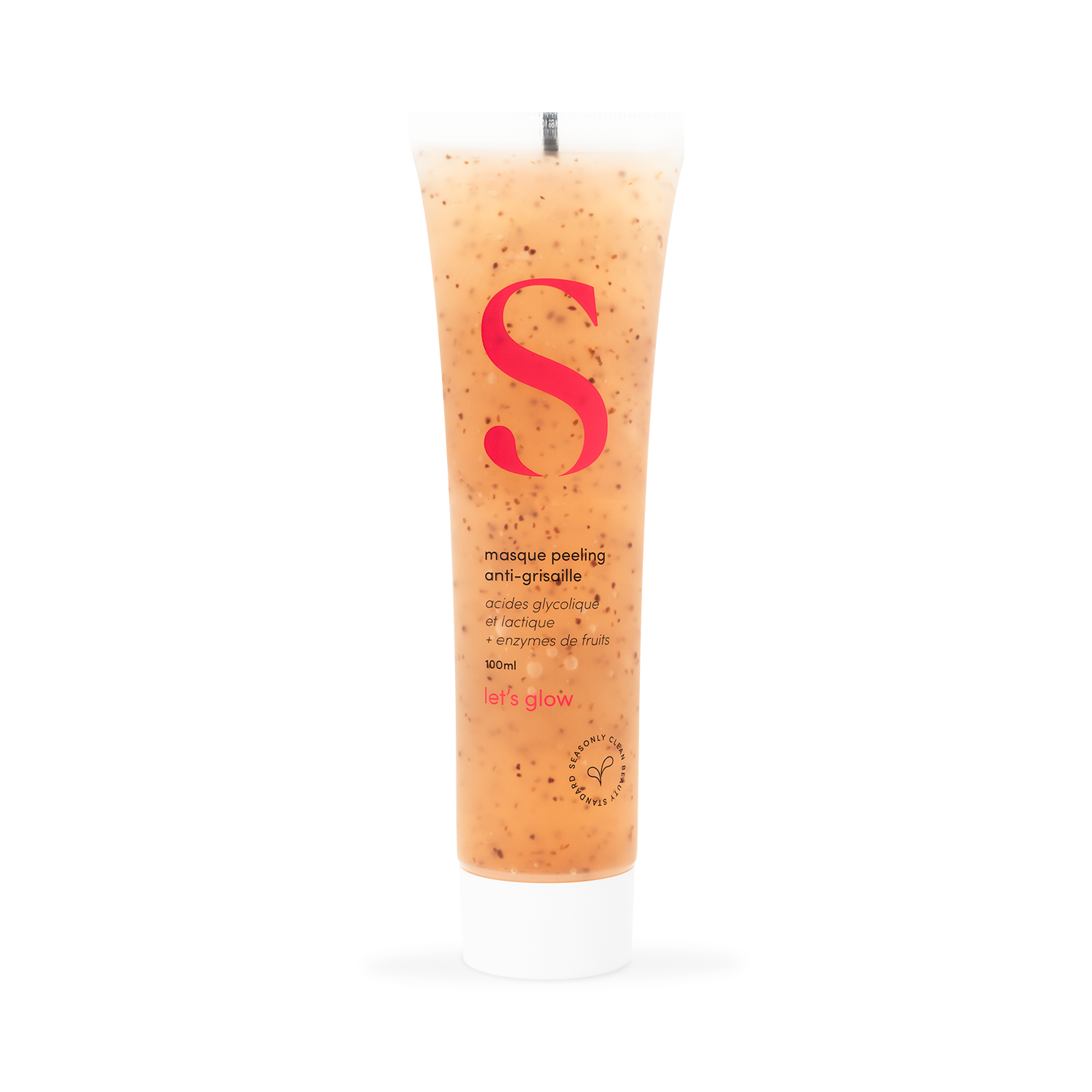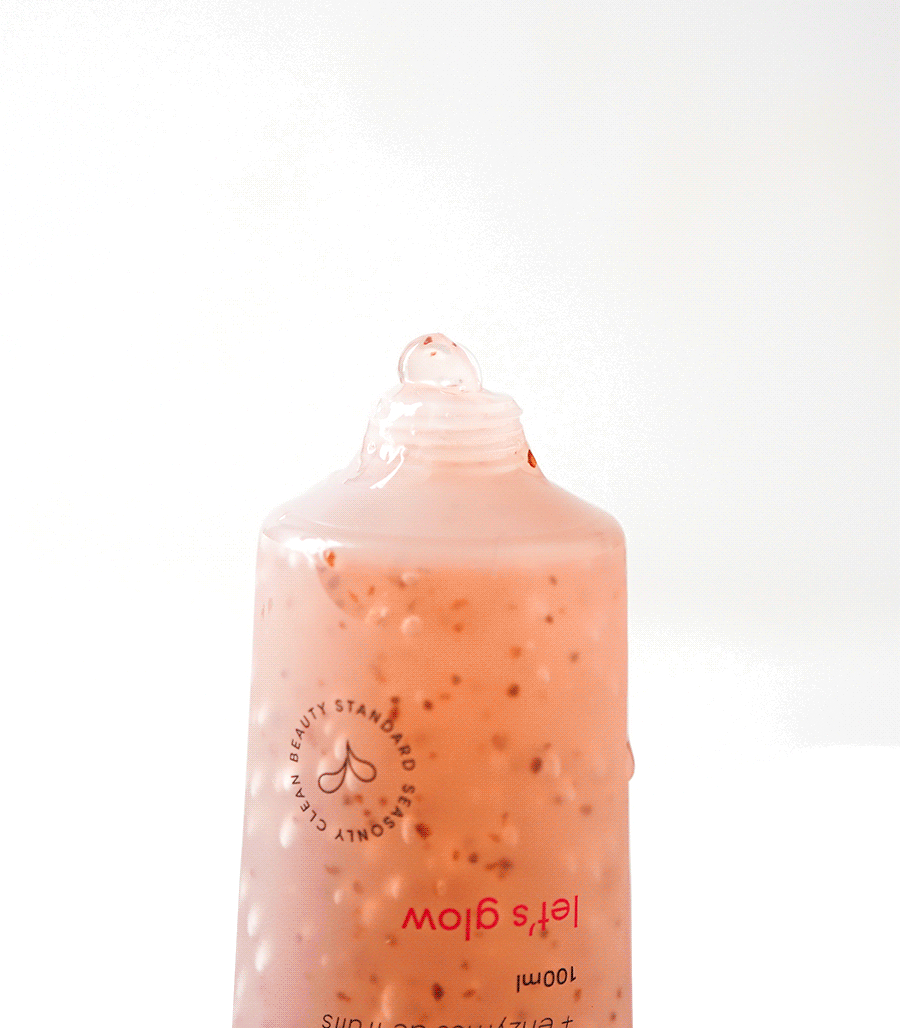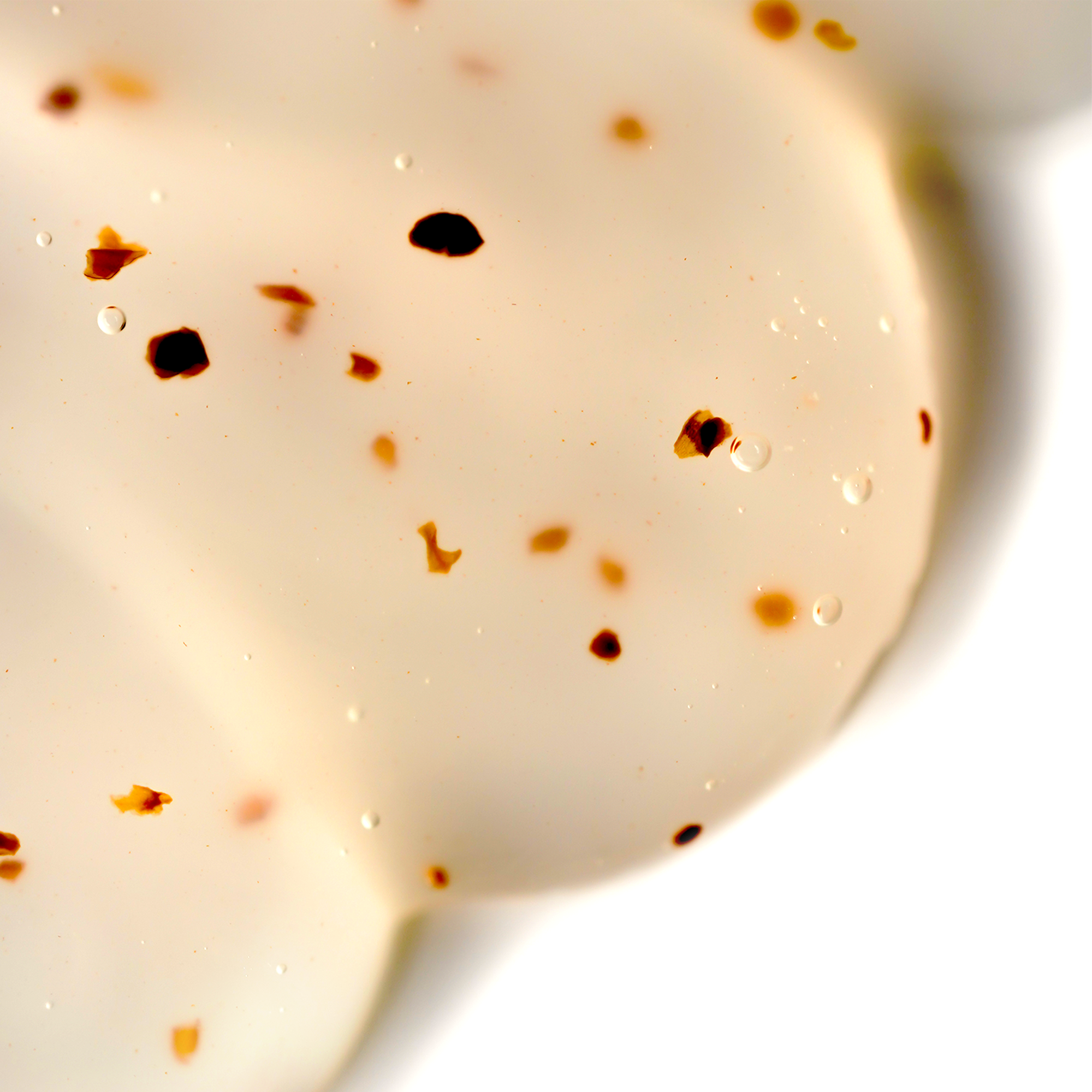Why exfoliate your skin before exposure?
Exfoliation is an essential step in your routine and even more so before the first exposures. It helps eliminate dead cells for a more even complexion and smoother skin texture to ensure a more uniform tan. Follow the leader.
Why exfoliate your skin before exposing yourself?
Exfoliation is like a refreshing boost for your skin. It eliminates dead cells that accumulate on the surface of your epidermis, leaving your skin soft and luminous. It also helps even out your skin tone, which is essential for achieving an even, glowing tan.
But that's not all ! By exfoliating your skin regularly, once or twice a week for example, you prolong the life of your tan. Think of it as a boost to your skin's natural renewal cycle, which lasts about 28 days . By removing dead cells, you allow new skin cells to receive the tan for longer, making it longer lasting.
Focus on areas of your body that tend to accumulate the most dead skin cells, like your elbows and knees. By taking care of these areas, you will ensure that your tan will be even. This will also facilitate the penetration of active ingredients which will promote your tan .
Another essential element is that dead cells on the surface of the skin can hinder the effective application of sunscreen. For the product to provide maximum protection against UV rays, it is essential to apply it evenly and in sufficient quantity. Thus, exfoliating the skin before exposure to the sun facilitates the adhesion of sunscreen, thus reinforcing its protective effectiveness.
Note that it is recommended to exfoliate your skin about three days before going out to the sun. Avoid doing this the day before, as this could weaken your skin and make it more susceptible to sunburn.
But how to choose your exfoliating treatment?
Before embarking on exfoliating your skin, it is crucial to choose the right exfoliating treatment. This choice generally depends on the sensitivity and type of skin you have. Mechanical exfoliants, for example, should be avoided on dry, sensitive or acne-prone skin, because their abrasive grains can sensitize the skin.
For sensitive skin, choose chemical exfoliants for their gentleness and effectiveness. Unlike mechanical exfoliants, they do not need rubbing and remove dead surface cells. Chemical exfoliants generally contain AHA, BHA or PHA .
PHAs, with their heavier molecules, are particularly recommended for sensitive skin. For oily skin, exfoliants containing BHAs and AHAs are ideal because they act on the surface and inside the pores, removing impurities. BHA is notably present in our mask anti-grey peeling , renewing cells without attacking the skin.
If fruit acids make you hesitate, fruit enzymes offer a gentle alternative. They act as natural exfoliants by removing dead cells without abrasive action. Perfect for sensitive or irritation-prone skin, they provide gentle exfoliation. OUR new skin mask , formulated with a concentrate of fruit enzymes, meets the needs of all skin types, even the most sensitive, leaving the skin fresh and revitalized.
Once you have chosen your exfoliating treatment, let's move on to practice: application. Apply the product generously to clean, dry skin, whether on the face or body. Leave it on for around ten to fifteen minutes, then rinse with plenty of clean water.
We do not recommend using these active ingredients before exposing yourself to the sun.
Before exposing yourself to the sun, it is recommended to avoid certain active ingredients in serum or cream bases which could increase the sensitivity of the skin or cause unwanted reactions under sun exposure.
-
Exfoliating acids: AHAs (alpha hydroxy acids) and BHAs (beta hydroxy acids), often used in exfoliating products, can increase the skin's sensitivity to the sun and increase the risk of sunburn.
-
Retinoids: Retinoids, such as retinol and tretinoin, are often used to treat acne, wrinkles and other skin problems. However, they can make the skin more sensitive to the sun and increase the risk of burns.
-
Photosensitizing essential oils: Some essential oils, such as lemon, bergamot, and sweet orange, are photosensitizing, which means they can cause skin reactions when exposed to sunlight.
Prefer these products in autumn or winter when UV radiation is less intense, and always accompany them with sun protection.
